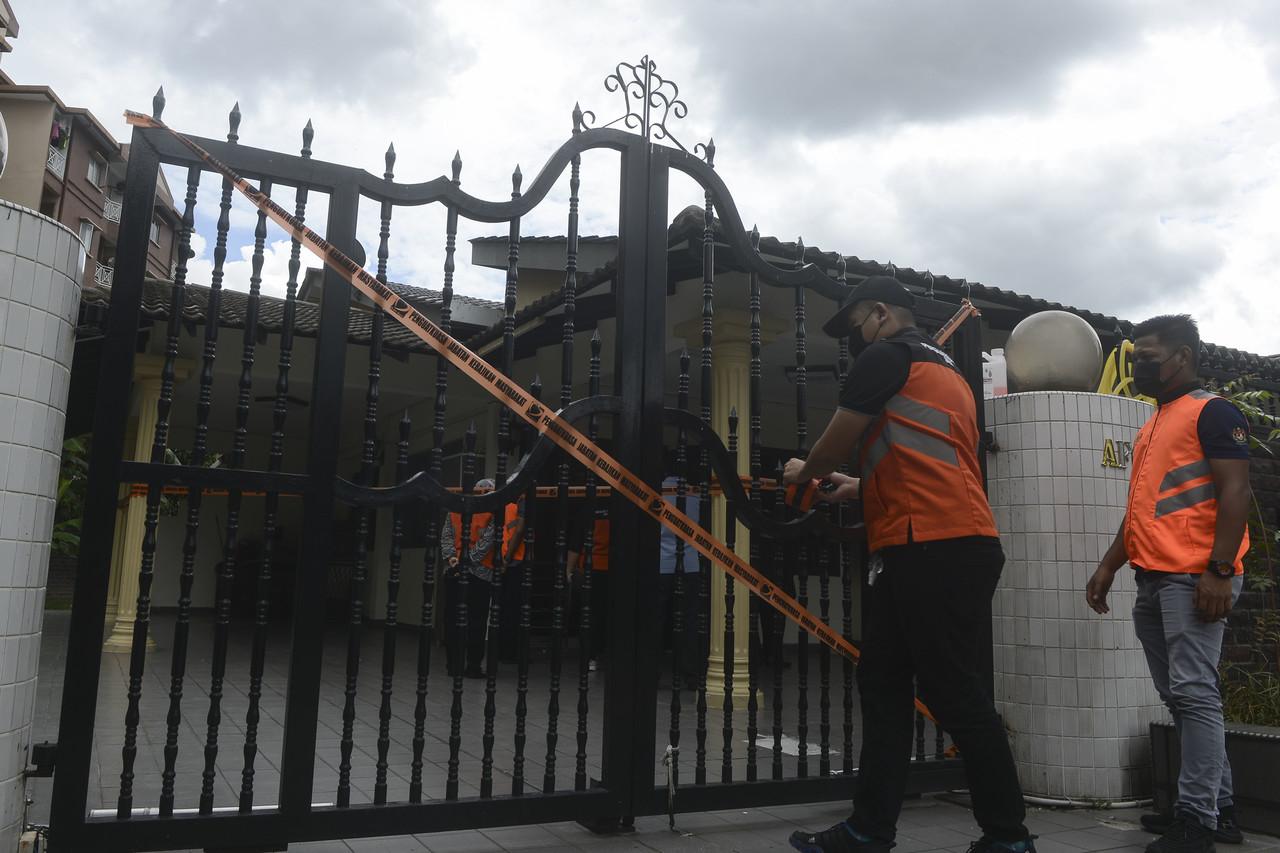Think tank calls for child protection policies amid anger over Down syndrome girl’s plight
Galen Centre says welfare homes working on the basis of 'good intentions' is not enough.
Just In
A think tank has called for child protection policies at the organisational level to better safeguard children in welfare homes, adding that good intentions on the part of organisations is not enough, in the wake of reports that a young girl with Down syndrome had been subjected to physical abuse.
The Galen Centre for Health And Social Policy acknowledged national-level policies such as the Malaysian Child Act 611 (2001) and Malaysian National Child Protection Policy (2009) but said organisations and individuals should also be held accountable to codes of conduct or child protection policies at the organisational level.
“It is a disturbing fact that many of the government and non-government organisations and bodies which work or have contact with children in Malaysia do not actually have internal policies which govern their conduct, behaviour and responsibilities when engaging with children,” Galen chief executive Azrul Mohd Khalib said.
In a statement, he said working on the basis of “good intentions” or “niat baik” was “insufficient, naive and even harmful”.
“These child protection policies and procedures should be prerequisites for formal registration, as well as criteria to receive government funding support.”
The plight of Bella, a 13-year-old girl, went viral on social media after a woman claimed that the child had been splashed with hot water and tied up while under the care of an NGO welfare home.
Galen said cases of vulnerable children suffering abuse and harm in homes had been exacerbated by the Covid-19 crisis.
“Protecting vulnerable children, especially those with special needs, from the threat of violence and harm should not be reactive and solely dependent on legislation, depending on police reports after an incident has occurred.
“Prevention is better, and vigilance can be further strengthened through the adoption of child protection policies.”
Azrul meanwhile urged Suhakam commissioner for children Noor Aziah Mohd Awal; Women, Family and Community Development Minister Rina Harun; and Education Minister Radzi Jidin, to jointly introduce regulations that would cover all organisations and facilities that work with or have contact with children.
“Adults who have a formal or informal role in working with or supporting children are in positions of trust and authority. They have a duty of care towards children who are depending on them to ensure a healthy living and safe working environment,” he added.
“Let’s not wait or drag our feet, acting only when another life has been harmed or lost.”
Subscribe to our newsletter
To be updated with all the latest news and analyses daily.
